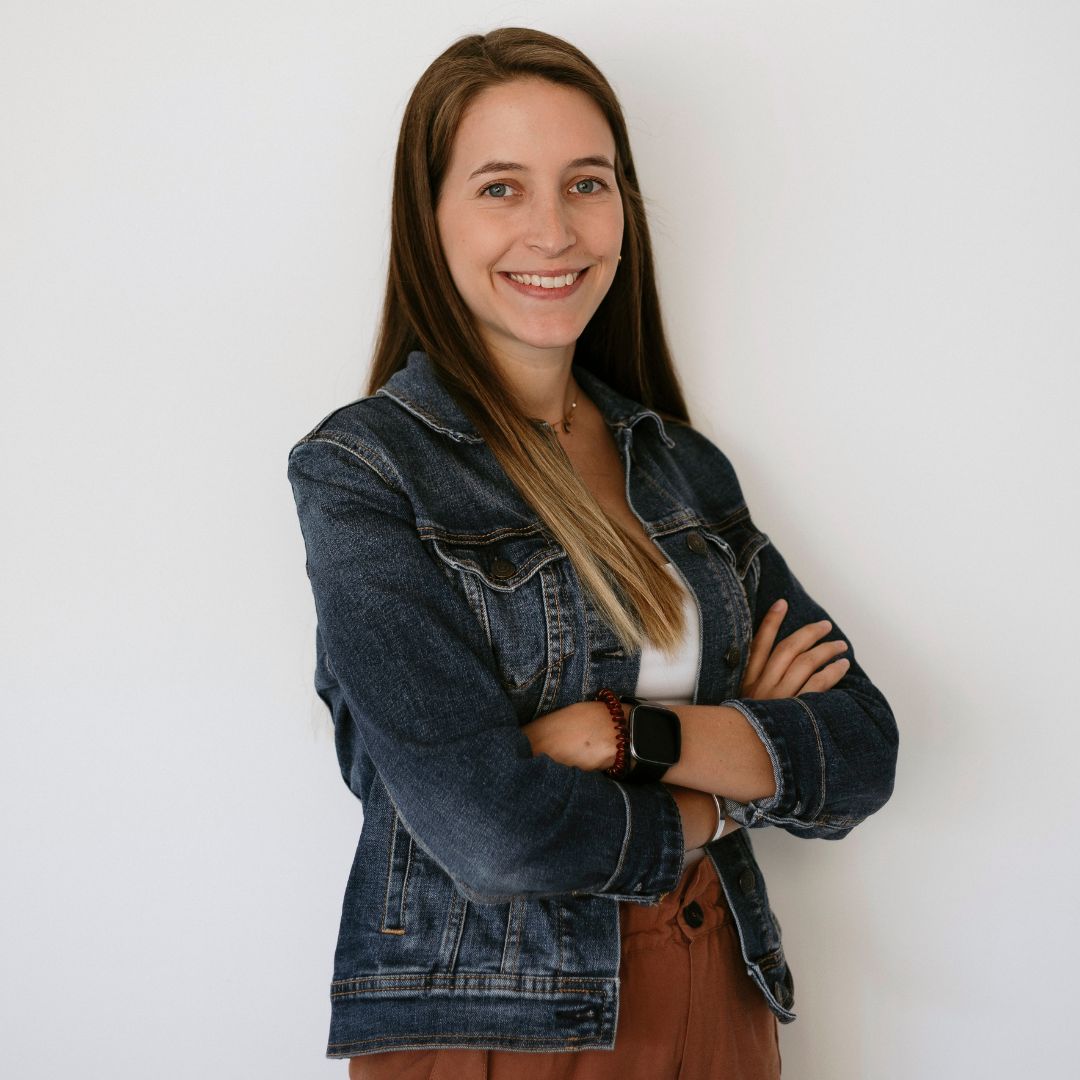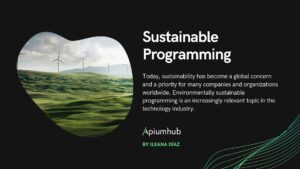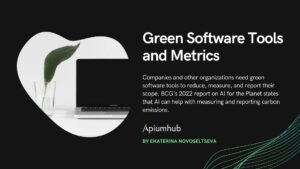Table of Contents
At Apiumhub, we recently launched an interview series where we engage with green software experts and visionaries to raise awareness about the topic and share some insightful tips. Our first initiative is an interview with Paola Annis, one of the founding members of the Green Software Foundation.
Nowadays, there has been a growing movement towards sustainability in all aspects of our lives, including the software industry. Green software, also known as sustainable software, is an approach to software development that aims to reduce the environmental impact of software throughout its lifecycle.
There are numerous reasons why green software is becoming more relevant. For starters, the software sector consumes a lot of electricity. Second, software development can have a major environmental impact due to the usage of hazardous materials and the production of electronic waste. Finally, as the need for software grows, so does the need to create more sustainable software.
Interview with Paola Annis: Green Software Expert
Paola Annis is an Engineering Manager at Microsoft and, as we mentioned before, one of the founding members of the Green Software Foundation. In case you did not know, the Green Software Foundation is a non-profit organization with the mission to create a trusted ecosystem of people, standards, tooling, and best practices for creating and building green software.
Paola’s Journey to Green Software Advocate
Paola Annis’s journey into green software advocacy began in 2020 during the COVID-19 lockdown. Witnessing the sudden improvement in air quality due to reduced industrial activity sparked her interest in environmental protection and sustainability. As an engineering manager at Microsoft, she sought opportunities to incorporate sustainability principles into her work, particularly within cloud infrastructure. This led her to collaborate with a team at Microsoft dedicated to sustainability, and together they played a key role in establishing the Green Software Foundation. She recommended the book The Overstory, which inspired her and prompted her to take action towards sustainability.

Interview with Paola Annis: Green Software Initiatives
One of Paola’s notable contributions to green software adoption was her work on developing guidelines and best practices for optimizing cloud infrastructure to reduce carbon emissions. She collaborated with Azure customers to experiment with these guidelines and demonstrate their effectiveness in lowering carbon footprints.
AI and Green Software
In our interview with Paola Annis, we also talked about AI in Green Sofwate. She acknowledges the potential benefits of artificial intelligence (AI) in accelerating sustainability efforts. However, she also expresses concern about the environmental impact of AI training and infrastructure. She advocates for a balanced approach, encouraging the use of AI when it is genuinely beneficial and exploring alternative solutions when possible.
Insights Regarding The Future of Green Software
Paola anticipates the standardization of carbon emission measurement in the software industry, which will bring greater transparency and accountability. She believes that these standards will drive innovation and collaboration among software companies, cloud providers, and third-party developers to further reduce the environmental impact of software.
Paola Annis also shared with us two helpful websites, one to measure the carbon footprint of your website and the other one to learn what the carbon intensity of your country is right now.
Are you interested in contributing to the Green Software Foundation? They welcome contributions from individuals and companies all over the world. Visit their site here if you are eager to learn more about their initiatives. Also, feel free to visit our YouTube channel if you would like to watch more videos like this interview with Paola Annis.
Also, if you would like to learn more about building sustainable applications, you can look at this online session with Paola in November 2023. She guided us through some techniques currently used to make applications green, such as demand shaping and shifting, and carbon awareness. She also explained possible actions we can take within the applications to make more when the energy intensity is lower.












